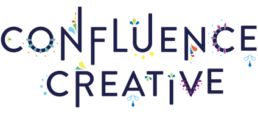Feasibility study
Creative Media

The Master Creative Media is an opportunity for the Pôle Image d’Angoulême and the territory of Zapopan to position itself at the forefront of current training in the digital creation professions. The elaboration of the educational contents which will have to animate it highlighted the capacity of the TEC of Monterrey and the three Angoumois institutions of training in the Image – the EESI, the ENJMIN and the EMCA – to work together to the definition of an original and ambitious program likely to become a benchmark in Europe and Latin America.
With an approach to digital culture based on the humanities and a high level of mastery of contemporary technologies, the Master Creative Media aims to train young people who aspire to artistic creation or to work in the cultural industries by awakening their creativity while developing an ethical sense in their relationship to technology, the environment and the public for which their production will be intended.

Summary
GrandAngoulême and Zapopan have been cooperating since 2012 for the implementation of joint actions relating to the “cultural and creative industries”, and more particularly to the training of talents dedicated to the creation of the image and its technologies, economic development and support for young creative businesses, as well as cultural development and hosting an artistic community.
In the wake of the France-Mexico bilateral agenda in 2018, all of these proposals formed the project entitled “Creative Confluence”. The “Creative Media” Digital Arts Master’s is the first component of “Creative Confluence”, the other two being generalist support for entrepreneurship led by the EUREKATECH Technopole and the Magelis Image Center (GrandAngoulême), and the opening of a place of residence dedicated to authors in Zapopan inspired by “The House of Authors” (International City of Comics and Image, CIBDI – GrandAngoulême).
In order to assess the advisability of setting up a “Creative Media” Master’s, we must take into account:
- The academic and economic environment of Zapopan and GrandAngoulême.
- the educational proposal of the Master, its matching to the local and international context, and its prospective relevance.
- resource availability a) human, b) technological and c) financial to its realization.
- the progress made by the partners in formalizing the project.
We will discuss all of these points in detail, the exclusion of 1° (academic environment) and 3° (financial, human and technological resources) which will only be discussed briefly; the first being already extensively argued in the FICOL-AFD Financing File, the second not being the responsibility of the present phase of the project.
A particular interest will be granted to the exploitation of the answers of the professionals of the digital creation questioned. In order to probe the relevance of the project, both in terms of adequacy and its prospective relevance, a survey was conducted among 20 personalities from the academic, artistic and industrial worlds.
Although this panel is not intended to be representative, the choice of the professionals making it up was dictated by their long experience in their respective fields and their reputation for expertise – and for some of them internationally recognized – in the field of digital creation.
A. University context in Zapopan.
B. Pedagogical proposal: adequacy and relevance (The survey).
> Expert Survey
– Corpus
– Analysis grid
– Analysis of the interviews
– Conclusion interviews
> Master’s degree program
C. Availability of resources.
D. Project progress.
There is a lot of talk, in this study and throughout the interviews with the experts, about technological developments, projections for the future, anticipation of change, and so on.
Speculations that can sometimes worry us in the face of the uncertainty they generate, sometimes delight us with the prospects they promise. Often, the fear of missing out on the next technological shift leads us to overestimate the telltale signs of change looming on the horizon.
This is why, for this report, we have not contented ourselves with a summary of the interviews but have carried out a critical examination of the remarks made, cross-checking the words of each and every one, underlining the points of agreement but also the diverging lines.
> General culture for an ethical approach
> Experimentation, research and operational know-how
> Common base and specializations
> Design thinking but without religiosity
> Training in companies and research-creation projects
> Conditions for the feasibility of the Master
> An opportunity to be seized
[wpdm_package id=’5158′]
[wpdm_package id=’5157′]



